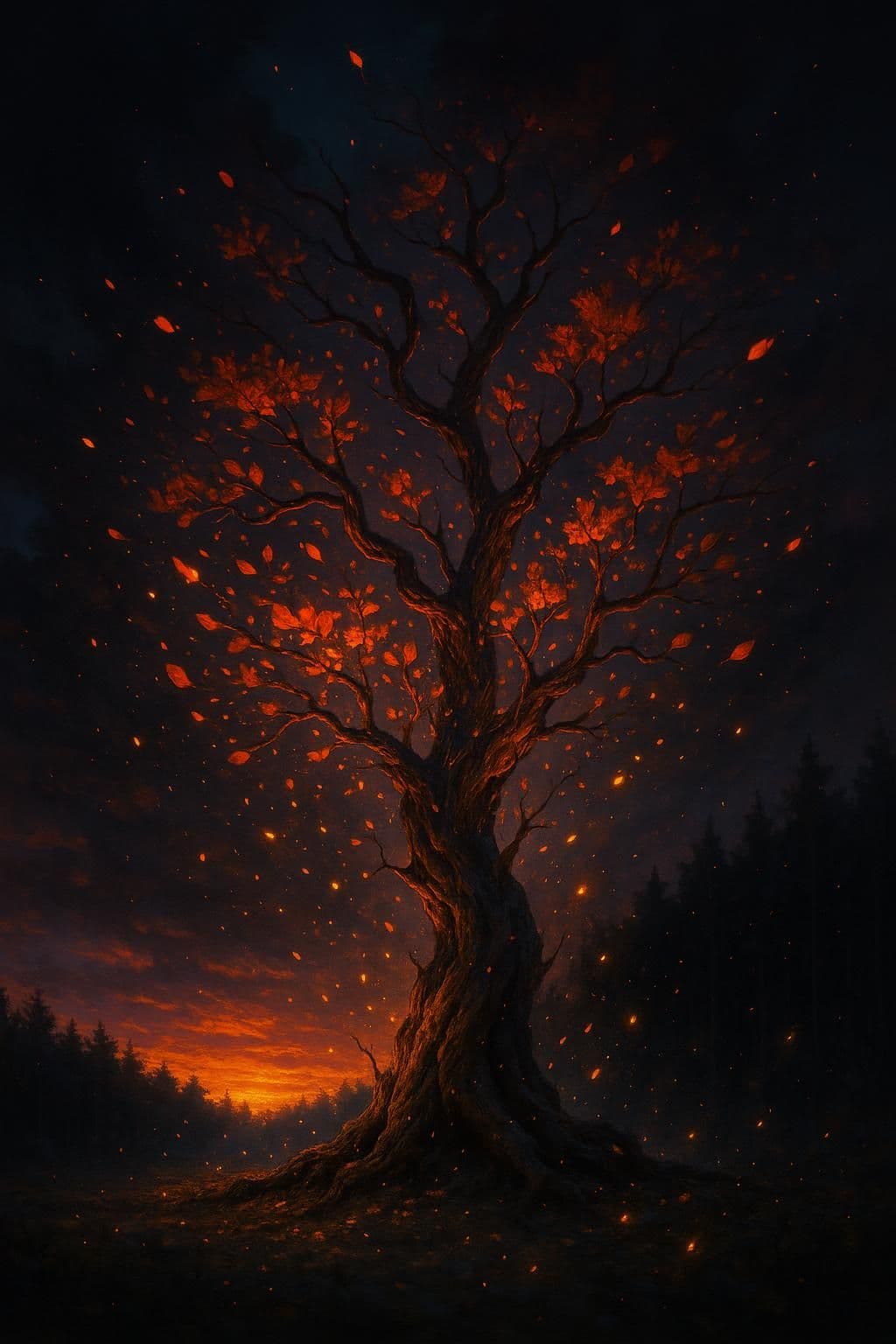Defying the Darkness: The Fierce Refusal to Yield

Do not go gentle into that good night. Rage, rage against the dying of the light. — Dylan Thomas
The Power of Resistance in the Face of Death
Dylan Thomas’s exhortation strikes at the heart of human defiance: when faced with the inevitable approach of death, he implores us not to succumb passively. The 'good night' symbolizes life’s end, while 'rage against the dying of the light' epitomizes a fierce struggle against fading vitality. Thomas’s words channel the universal instinct to cling to existence, framing resistance as both noble and necessary.
Rage as a Form of Affirmation
Delving deeper, Thomas’s invocation of 'rage' transforms a negative emotion into an act of affirmation. Rather than bitterness or despair, the rage he advocates becomes a profound expression of love for life itself. This mirrors existentialist themes found in Albert Camus’s ‘The Myth of Sisyphus’ (1942), where rebellion against the absurdity of existence confers dignity upon the human condition.
Varieties of Human Responses to Mortality
Transitioning from the general to the particular, Thomas’s poem explores how different individuals react to mortality. Wise men, good men, wild men, and grave men all resist the darkness in unique ways, drawing upon pride, regret, passion, and insight. The poet’s father, to whom the poem is addressed, becomes a universal stand-in, embodying the struggle against time’s erasure—a motif resonant with Shakespeare’s meditations on mortality in Sonnet 73.
Cultural Echoes of Defiance
This theme of defiance reverberates across cultural narratives. In ancient epics like Homer’s ‘Iliad,’ warriors such as Achilles refuse quiet submission, choosing glory in resistance over resignation. Similarly, the poem’s exhortation has been adopted in various contexts—from political struggles to personal trials—testifying to its versatility as a cry for persistence when facing insurmountable odds.
Transcending Fear Through Action
Ultimately, Thomas’s urging to 'rage' offers a blueprint for transcending fear. Where fear might immobilize, the act of resisting—even in defeat—grants meaning and dignity. This is echoed in Viktor Frankl’s ‘Man’s Search for Meaning’ (1946), where the power to choose one’s attitude in the face of unavoidable suffering is framed as humanity’s last freedom. Thus, Thomas’s refrain is not just a plea for survival but a clarion call to live with purpose up to the very end.